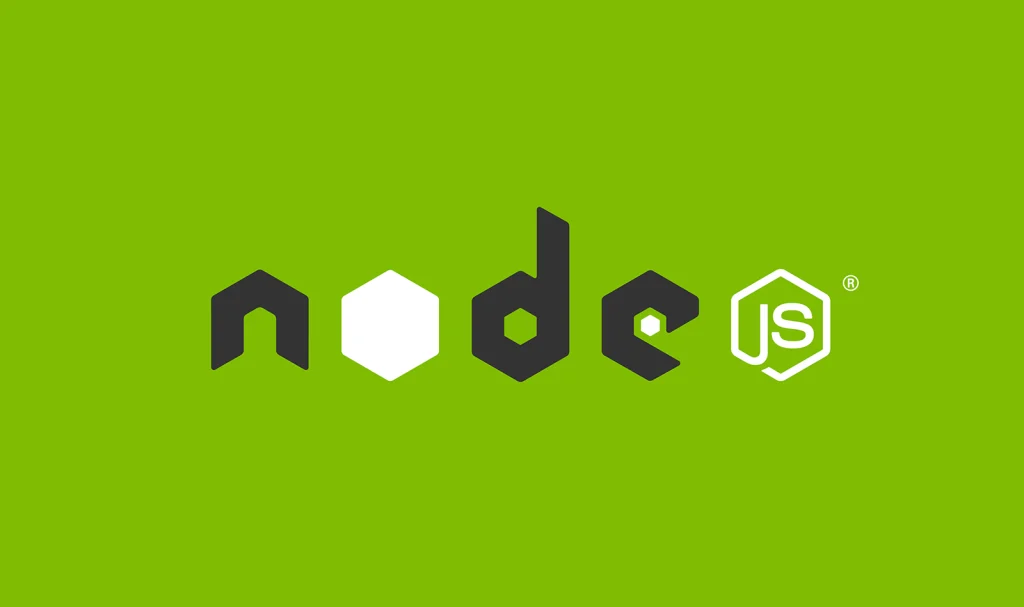Title: Exploring the Power and flexibility of Node.js.

Introduction
Node.js, often referred to simply as Node, is an open-source, cross-platform JavaScript runtime environment that has gained tremendous popularity among developers and organizations worldwide. Known for its speed, scalability, and versatility, Node.js has become a cornerstone technology for building modern web applications, micro-services, and server-side applications. In the fast-moving world of web development, Node.js has emerged as a big ground- breaking. This open-source, cross-platform JavaScript runtime has revolutionized how developers build scalable and high-performance applications. We’ll explore the key features and advantages of Node.js.
JavaScript Everywhere
Node.js allows developers to use JavaScript not only in the browser but also on the server-side. This enables a seamless transition for front-end developers who want to expand their skills to the backend, creating a more unified and efficient development ecosystem.
Non-Blocking and Asynchronous
One of Node.js’s standout features is its non-blocking, event-driven architecture. It means that Node.js can handle many concurrent connections without the need for creating a separate thread for each request. This asynchronous nature is crucial for building highly responsive and performant applications, especially when dealing with I/O-bound operations like reading from a database or making network requests.
Vast Package Ecosystem
Node.js benefits from the NPM (Node Package Manager) ecosystem, which is one of the largest and most active software package ecosystems in the world. With NPM, developers can easily find, install, and manage libraries and modules for their projects, this extensive library of modules covers a wide range of functionalities, from web frameworks like Express.js to database connectors like Mongoose for MongoDB. significantly speeding up development and reducing code duplication.
Ideal for Real-Time Applications
Node.js excels in real-time applications such as chat applications, online gaming, and collaborative tools. Its event-driven architecture and Web Socket support make it a natural choice for building applications that require low-latency, two-way communication between the server and clients.
Microservices and Scalability
Node.js is a popular choice for developing micro services, thanks to its lightweight nature and ability to handle high levels of concurrency. When combined with containerization technologies like Docker and orchestration tools like Kubernetes, Node.js is a powerful choice for building and scaling micro services architectures.
Strong Community and Support
Node.js boasts an supportive community of developers. This community-driven approach results in a wealth of tutorials, documentation, and third-party libraries that can help developers overcome challenges and accelerate development.
Node.js: Powering the Modern Web
Full-Stack JavaScript Development: Node.js enables developers to use JavaScript for both server-side and client-side development, streamlining the development process and promoting code reuse.
Real-time Applications: It has become the go-to choice for building real-time web applications, chat applications, online gaming platforms, and collaborative tools thanks to its event-driven architecture and Web Socket support.
Server less Architecture: Node.js is a popular choice for building server less functions on platforms like AWS Lambda, Azure Functions, and Google Cloud Functions due to its lightweight nature and rapid start-up times.
Microservices: Node.js’s scalability and performance make it ideal for developing micro services architectures, allowing businesses to build robust and flexible applications.
Node.js Architecture

The Future of Node.js
With continuous advancements in the IT business each day, there tend to be many companies which are attempting their routes with the most recent developments. Node.js can also be considered as one of the results of such a development in the industry. This innovation has figured out how to pull the new businesses and has prevailed with regards to cutting its specialty in large organizations. Fundamentally, at whatever point there is another expansion in innovation, the IT showcase goes big on it over it for some months and after that overlooks it. It is a distinct advantage and stands tall among its rivals. Before we push ahead, how about we give a prologue to Node.js? It is built on Google’s V8 JavaScript engine, which itself is one of the main reason for its popularity. This is the thing that adds to its turning into a go-to innovation for various organizations.
Node.js has undoubtedly changed the place of web development. Its asynchronous, non-blocking nature, coupled with a vast ecosystem of packages, has made it a top choice for developers looking to build fast, scalable, and efficient applications. As Node.js continues to evolve, it remains a critical tool in the arsenal of web developers, powering the modern web and driving innovation in the world of technology. Whether you’re developing a web application, a RESTful API, or a chat application, Node.js provides a versatile and efficient platform to bring your ideas to life. As the web development continues to evolve, Node.js remains a powerful tool in the hands of developers worldwide.